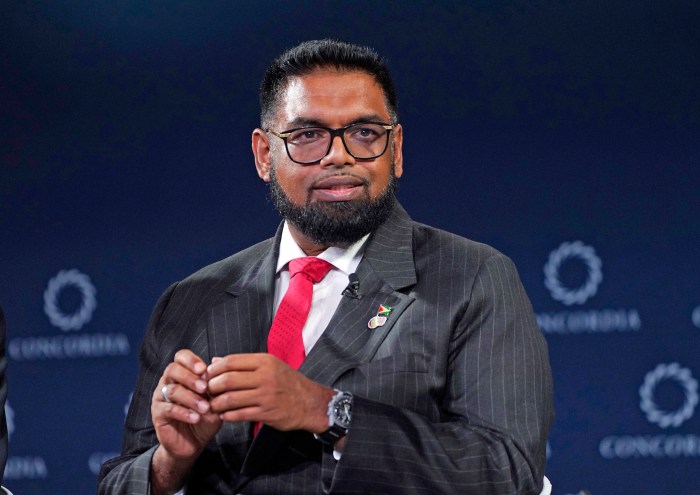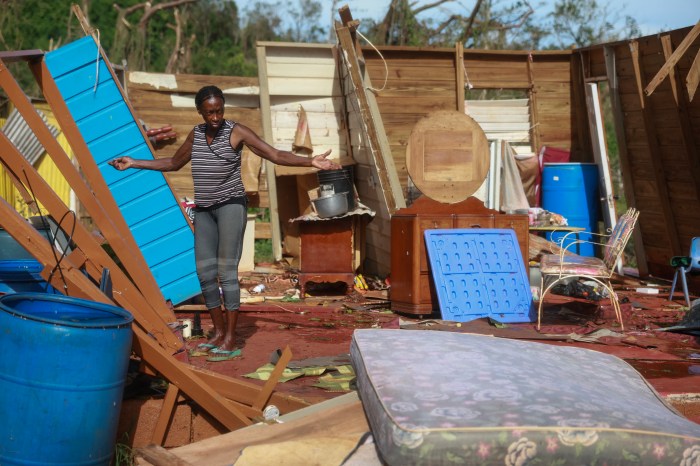The International Monetary Fund (IMF) says its staff and Grenadian authorities have reached a “staff-level” agreement on a program that can be supported by a three-year Extended Credit Facility (ECF) arrangement in the amount of about US$21.9 million or 120 percent of Grenada’s quota.
The Washington-based financial institution said on March 14 that the agreement is subject to approval of the IMF’s executive board and is “contingent upon the timely completion of prior actions to be taken by the Grenadian authorities and obtaining the necessary financing assurances.”
“The government of Grenada has designed an ambitious program to correct the country’s fiscal imbalances and lift sustainable growth,” said Aliona Cebotari, the IMF’s mission chief for Grenada.
“The main objectives of the program are to restore fiscal and debt sustainability, boost long-term growth through structural reforms, and safeguard the resilience of the financial sector,” she added.
“The cornerstone of the program is a strong fiscal adjustment focused on curbing current spending and widening the revenue base, while maintaining space for infrastructure spending and social safety nets,” Cebotari continued.
She said the fiscal adjustment will be complemented by a comprehensive debt restructuring, “which will aim to secure meaningful debt reduction, address financing shortfalls, and put Grenada’s public debt firmly on a downward path towards the Eastern Caribbean Currency Union (ECCU) regional target of 60 percent of GDP (Gross Domestic Product) by 2020.”
Cebotari said support from official and private creditors for the debt restructuring will be critical for Grenada’s return to fiscal sustainability, adding that “ambitious public financial management reforms will support the durability of the adjustment.
“Another key element of the program is to bolster competitiveness and thus raise sustainable growth and reduce poverty,” she said.
“Reforms will focus on removing constraints to growth through the liberalization in the renewable energy and other strategic sectors, improving the investment environment, and putting in place the legal infrastructure for public private partnerships,” Cebotari added. “Financial sector reforms will underscore the solvency of the system, as well as its regulation and supervision.”
The IMF mission chief said the success of Grenada’s program will require “an extraordinary effort on the part of the authorities, other segments of the society, as well as broad international support.”
But she said, while the initial implementation period will be challenging, Grenada will “emerge stronger and more dynamic from the program, and it will be better poised to generate growth and job creation going forward.”






















